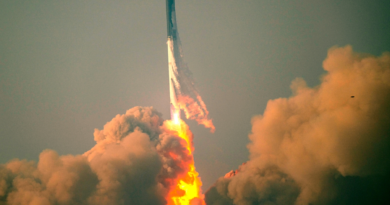Hyundai Motor to invest $18B in South Korea’s EVs by 2030

Hyundai Motor Group will invest 24 trillion won (~$18 billion) in South Korea’s electric vehicle industry through 2030, the company said Tuesday.
The news comes a week after Kia, which falls under the Hyundai umbrella, announced its own 32 trillion won (~$24 billion) investment into electrification and future business areas. Hyundai’s investment plan was revealed during a groundbreaking ceremony for Kia’s first designated EV plant.
Hyundai’s auto group, which also includes Hyundai and luxury brand Genesis, said Tuesday it plans to expand annual EV production in Korea to 1.51 million units and global volume to 3.64 million units by 2030.
Kia said in a statement that it would invest about 1 trillion won (~$756 million) in the new EV plant. The company expects the plant to begin production in 2025 and to produce 150,000 units in the first year. The plant will be home to a variety of midsized vehicles, including purpose-built vehicles like robotaxis and delivery vans.
South Korea president Yoon Suk Yeol attended the ceremony. In a statement, his office said it would pledge support in the first half of this year to help South Korea’s auto industry to better prepare for transformation to “vehicles of the future.” The administration said it would expand tax benefits for domestic EV facility investment for a 5x boost in production capacity by 2030.
Last year, Hyundai Motor also said it would invest more than $10 billion in the United States by 2025 to accelerate development of EVs and autonomous vehicles.
The South Korean auto group said last year it would invest more than $10 billion in the United States by 2025 to enhance collaboration with U.S. firms in advanced technology.
Part of that investment includes the $6.5 billion Hyundai has already earmarked for its new EV plant and battery manufacturing facility in Georgia. To qualify for the Biden administration’s full EV tax credit, vehicles must have “final assembly” done in North America, their batteries must be assembled or manufactured within North America and critical materials in the car’s battery must be extracted or processed within the U.S. or within a U.S. free trade agreement country.
Kia and Hyundai Motor shares closed up 4.9% and 3.3%, respectively.




